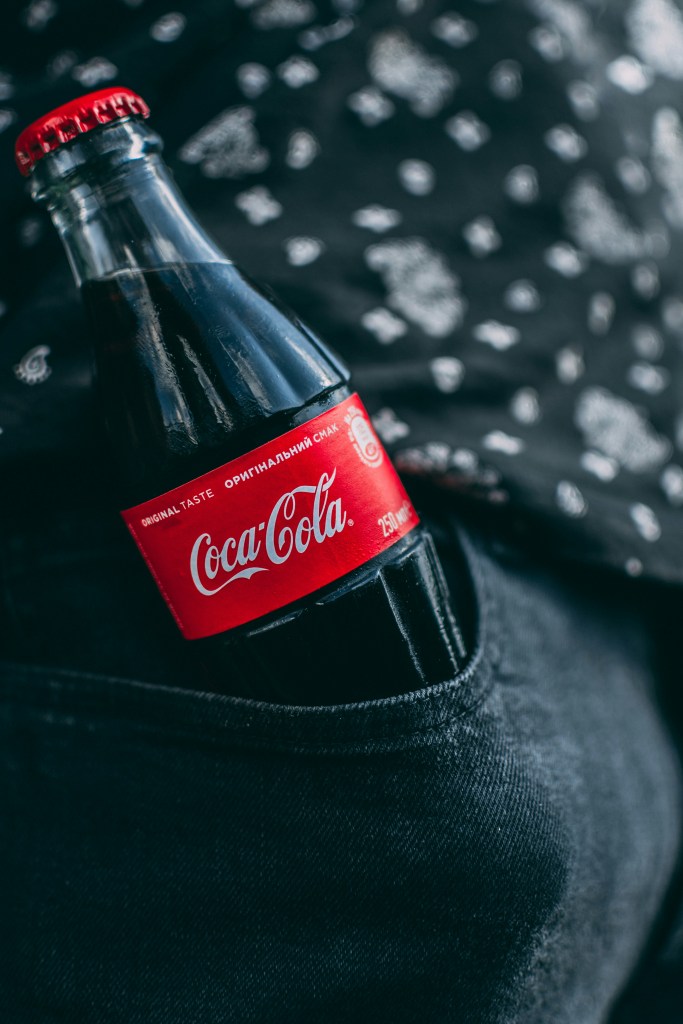
Happy Mother’s Day to all mothers out there. A day when we celebrate one who may be one of the most important people in our world. This can be a happy occasion but it can also bring sad memories to those who no longer have a mother. A time when the grief is stirred up a bit more than usual. Memories of the loss of a parent churn from deep inside us. For some, the loss is all too recent, all too raw. You didn’t want her to suffer one minute more but you missed her even before she had died.
She wasn’t her usual self any more. She couldn’t be there as she always had been countless times before. It was hard to see someone so strong become so frail. She had always been of slim build but the weight loss was too difficult to bear witness to. Her severe fatigue made you wish you could gift her some of your energy, but you knew she would never take it. She had trouble being the one who needed care.
She always served her customers well. Put them at ease with her gentle words and friendly smile. She enjoyed seeing the children grow up, just like her children had. From needing everything done to full independence. They had all become adults and parents themselves but she couldn’t help still wanting to take care of them. Nothing changed at the end of her life, she took care of her children and her grandchildren. She wanted to do her best for them, as she always had.
Even after I am gone.
I will still be with you.
A tiny bit of me will live on.
Inside of you my child.
Know that you are loved.









